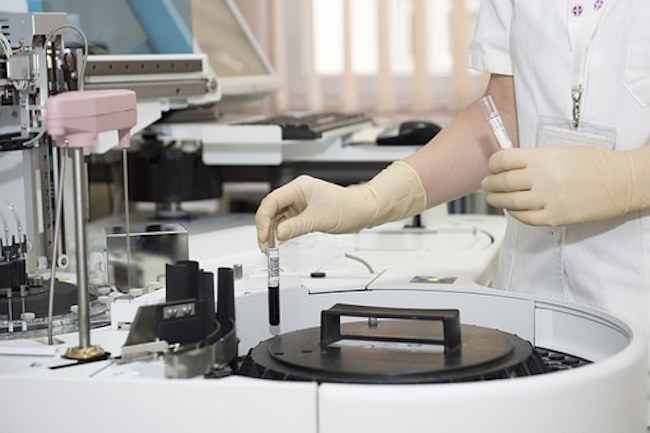Lab-grown blood has been given to humans in the world-first trial from End Time Headlines
Two patients in the U.K. received tiny doses — equivalent to a few teaspoons — of the lab-grown blood in the first stage of a wider trial designed to see how it behaves inside the body.
The trial, which will now be extended to 10 patients over the course of several months, aims to study the lifespan of lab-grown cells compared with infusions of standard red blood cells.
Researchers say the aim is not to replace regular human blood donations, which will continue to make up the majority of transfusions. But the technology could allow scientists to manufacture very rare blood types which are difficult to source but which are vital for people who depend on regular blood transfusions for conditions such as sickle cell anemia.
“This world leading research lays the groundwork for the manufacture of red blood cells that can safely be used to transfuse people with disorders like sickle cell,” said Dr. Farrukh Shah, medical director of Transfusion for NHS Blood and Transplant, one of the collaborators on the project.
“The need for normal blood donations to provide the vast majority of blood will remain. But the potential for this work to benefit hard to transfuse patients is very significant,” she added.
The research, which was conducted by researchers in Bristol, Cambridge and London, as well as NHS Blood and Transplant, focuses on red blood cells that carry oxygen from the lungs to the rest of the body.
Initially, a regular donation of blood was taken and magnetic beads were used to detect flexible stem cells that are capable of becoming red blood cells.
Those stems were then placed in a nutrient solution in a laboratory. Over the course of around three weeks, the solution encouraged those cells to multiply and develop into more mature cells.




